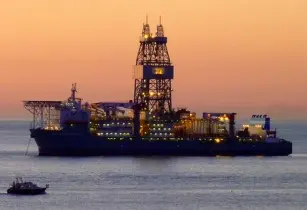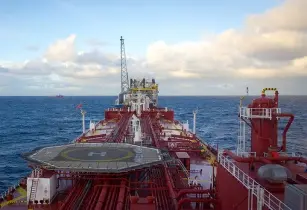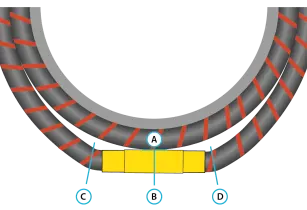How can we get better (faster and cheaper with fewer errors) at piping fabrication? What would the elements of an improved workflow be?
Technology
How graphics processing units (GPUs) are transforming the oil and gas industry
Traditional interpretation methods are increasingly challenged by the volume of data, fewer experts in the industry and slow compute, which can no longer keep up with the demand
Vortexa unveils real-time data on global refined oil product flows
Vortexa, an artificial intelligence powered analytics company focused on energy markets, has announced to provide users with a real-time view of global seaborne movements of refined oil products such as gasoline, diesel, fuel oil and jet fuel
KLAW explains ways to reduce hose fatigue on reel transfer systems
KLAW, the leaders in Marine Breakaway Coupling technology, has released a Whitepaper providing detailed explanation on how to reduce hose fatigue on offshore reel transfer systems
Second Export Track Award For UK Business
Welland Power, a family firm nearly 70 years old has succeeded in getting on the list for the second time









